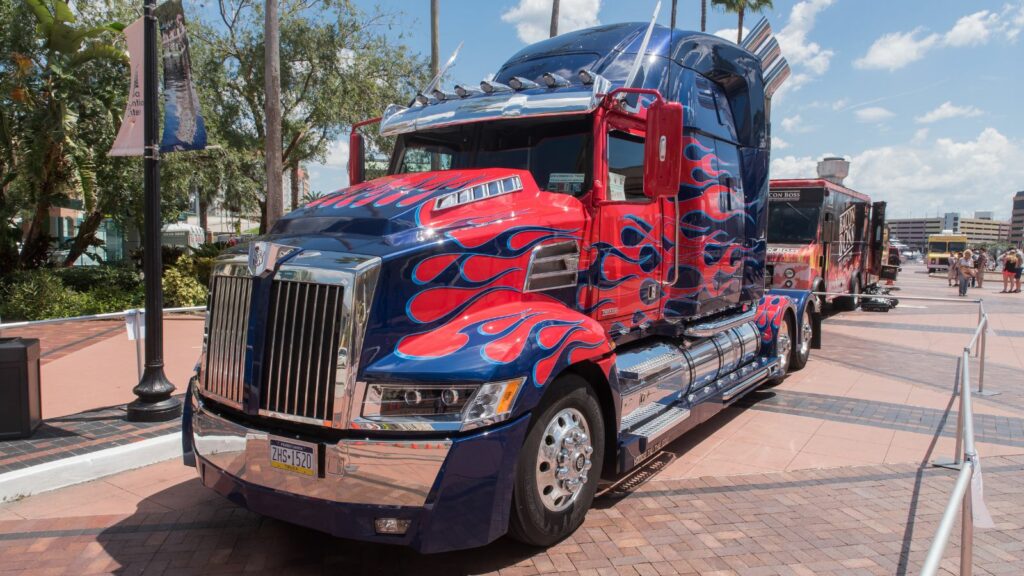Autonomous trucks are poised to revolutionize the transportation industry, promising enhanced safety, reduced operational costs, and increased efficiency. However, the rapid development of these vehicles also raises questions about safety, regulatory challenges, and the potential displacement of jobs. Here are 12 cutting-edge autonomous trucks slated for 2025, and we will decide if they represent safe progress or potential road hazards.
Tesla Semi
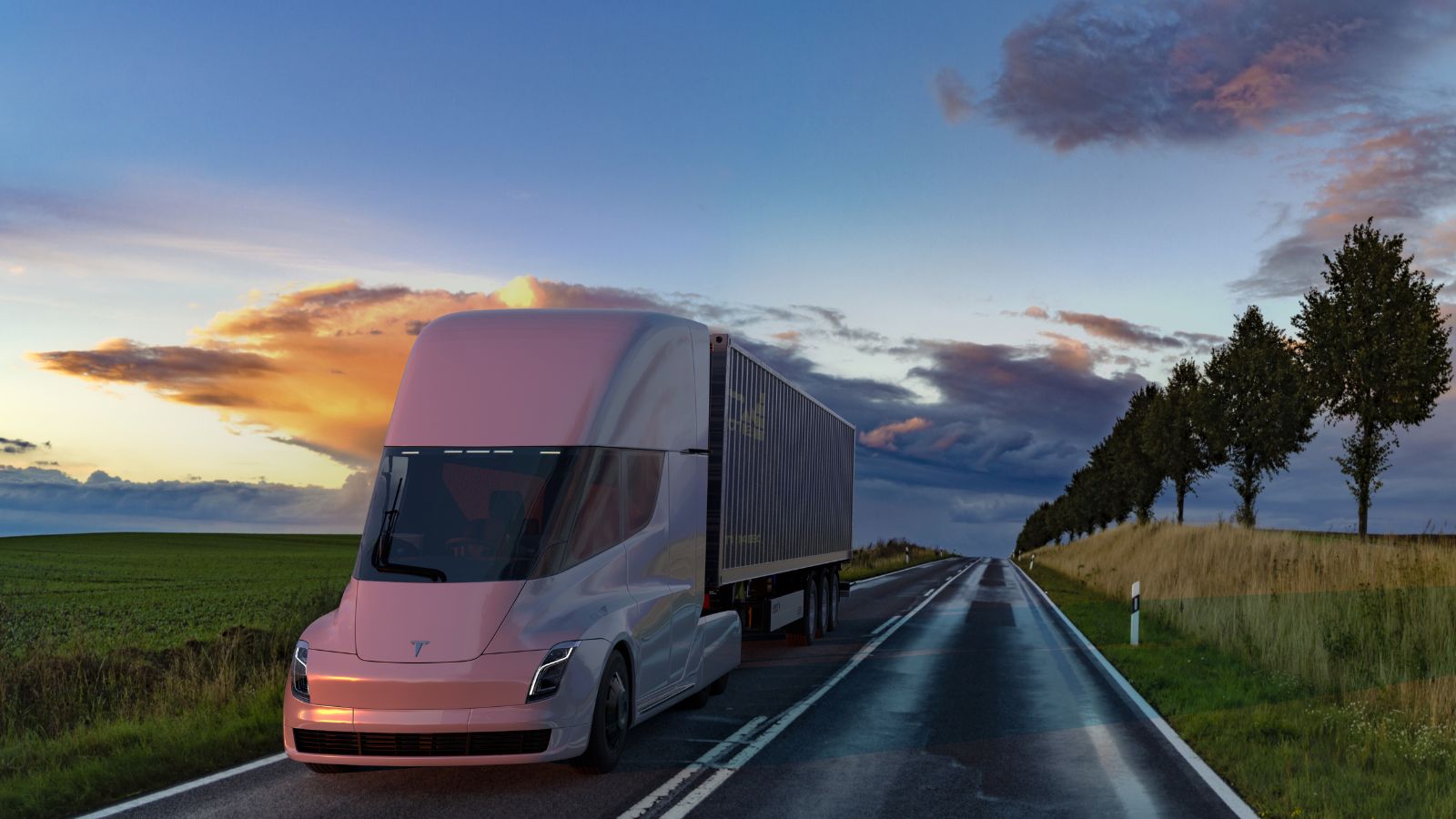
Tesla’s Semi truck has pioneered the electric and autonomous trucking industry. It is equipped with Tesla’s Autopilot system. It boasts lane keeping, automatic braking, and collision avoidance features. The Semi’s advanced sensors and AI capabilities significantly reduce human error, enhancing safety on the roads. Tesla’s commitment to over-the-air updates ensures that the truck remains at the forefront of technological advancements. However, concerns about battery life, charging infrastructure, and the high initial cost remain vital challenges.
Waymo Via
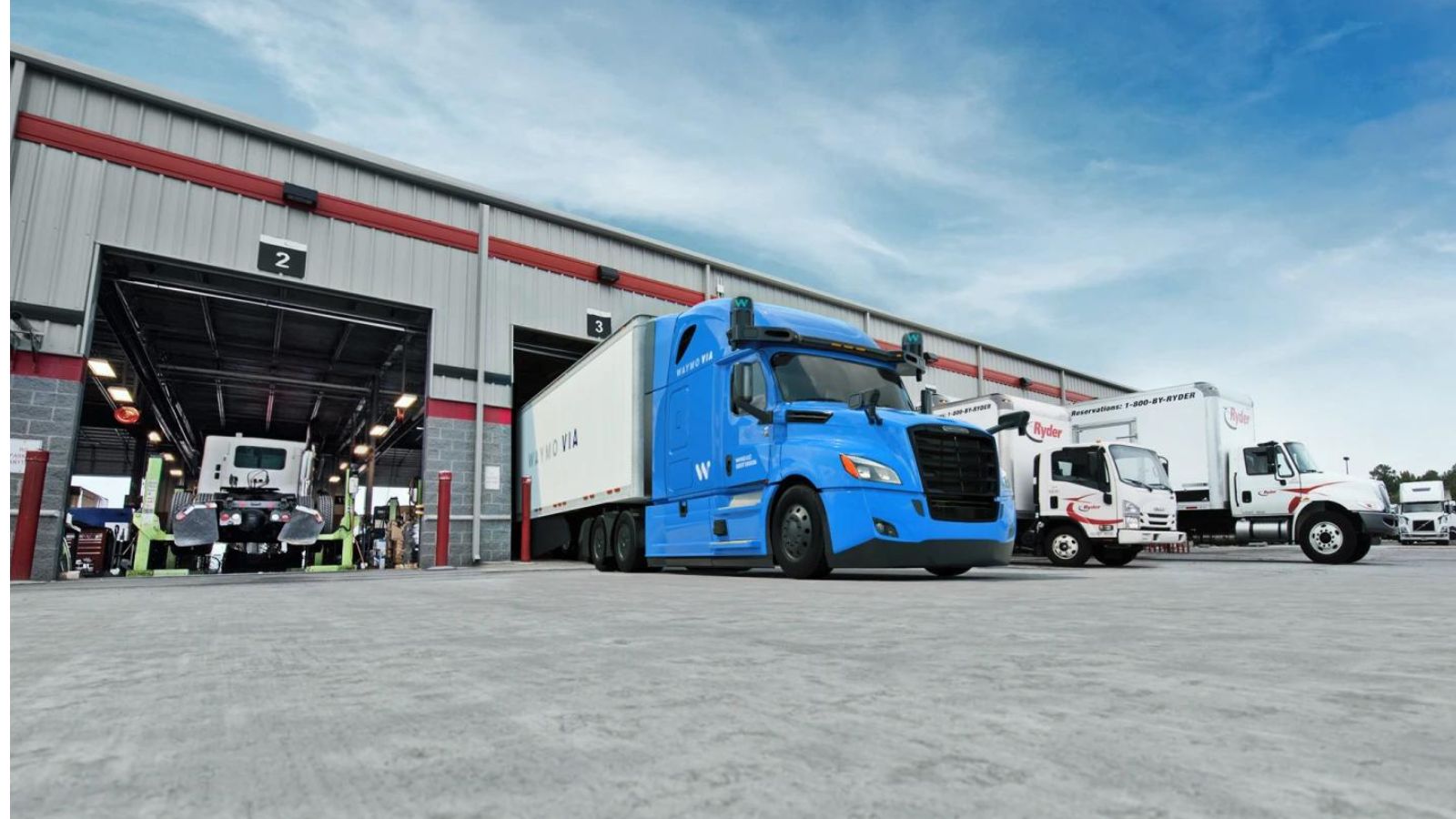
Waymo, a subsidiary of Alphabet Inc., has been a leader in autonomous vehicle technology. Waymo Via focuses on autonomous trucking and logistics. Its trucks have sensors, including LiDAR, radar, and cameras, providing a 360-degree view of the surroundings. Waymo’s extensive real-world testing has demonstrated the reliability and safety of its technology. Yet, the transition to fully autonomous operations raises questions about regulatory approval and public acceptance.
Daimler Trucks’ Freightliner Cascadia
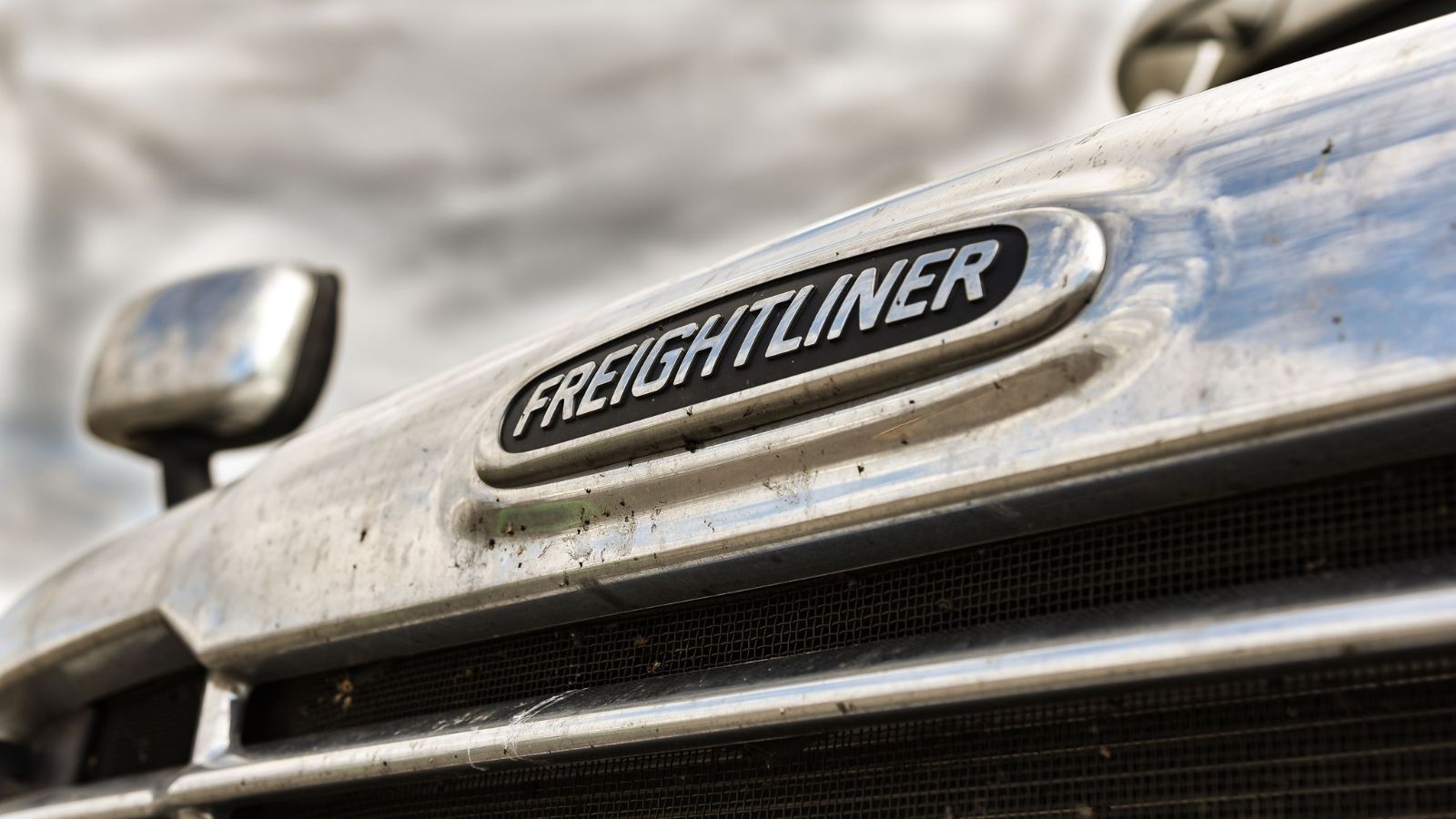
Through its Freightliner brand, Daimler Trucks has introduced the Cascadia, an autonomous truck featuring Level 4 automation capabilities. The truck is designed to operate independently on highways, with a human driver taking over for complex urban driving. Daimler emphasizes safety with redundant systems and a robust sensor suite. The Cascadia aims to reduce driver fatigue and improve fuel efficiency. However, the dependence on driver intervention in specific scenarios highlights the need for comprehensive training and adaptation.
Volvo’s Vera

Volvo’s Vera is a striking departure from traditional truck designs. It features a low-profile, cab-less design tailored for short-haul freight transport in ports and logistics centers. Vera is fully electric and autonomous, offering zero-emissions operation and enhanced efficiency. Volvo envisions a network of Veras operating in controlled environments, improving logistics flow. While its limited operational scope minimizes risks, questions about scalability and integration into broader transport networks remain.
Einride Pod

The Einride Pod is a futuristic autonomous truck with no driver’s cabin, designed for short-range transport tasks. It is fully electric, contributing to sustainable logistics solutions. The Pod’s autonomous system relies on sensors and real-time data processing to navigate complex environments. Einride’s approach includes remote monitoring by human operators, ensuring safety and intervention when necessary. The main challenge lies in expanding its operational range and ensuring robust connectivity.
Nikola Two
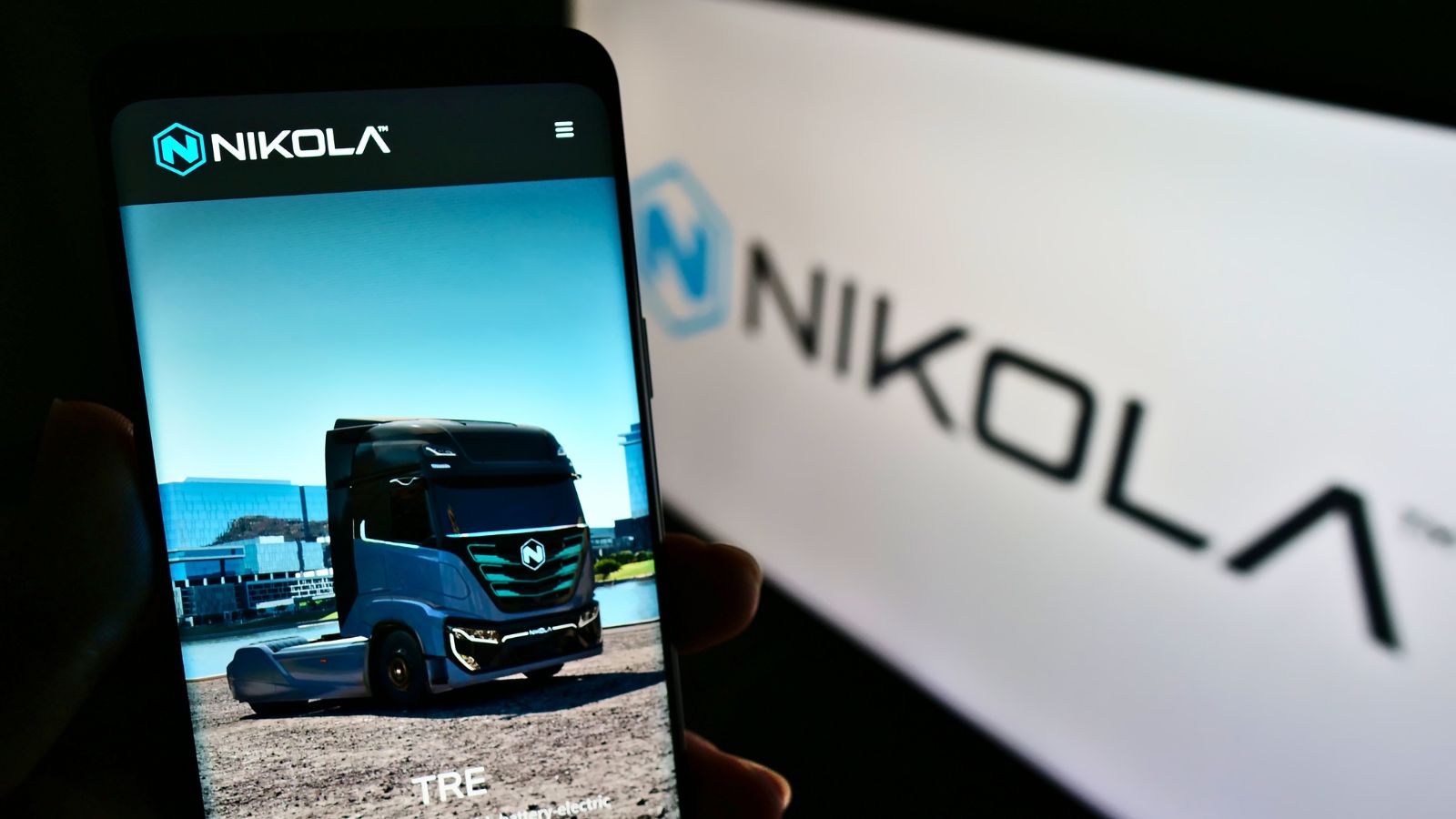
Nikola Corporation’s Two is a hydrogen fuel cell-powered autonomous truck that combines zero-emissions technology with advanced autonomous driving capabilities. The truck promises long-range capabilities and quick refueling times, addressing some limitations of battery-electric trucks. Nikola’s focus on hydrogen infrastructure development is crucial for its widespread adoption. The autonomous system is designed to enhance safety and efficiency, though the success of the Nikola Two hinges on the viability of hydrogen as a mainstream fuel source.
Plus. Ai’s Autonomous Freight Truck
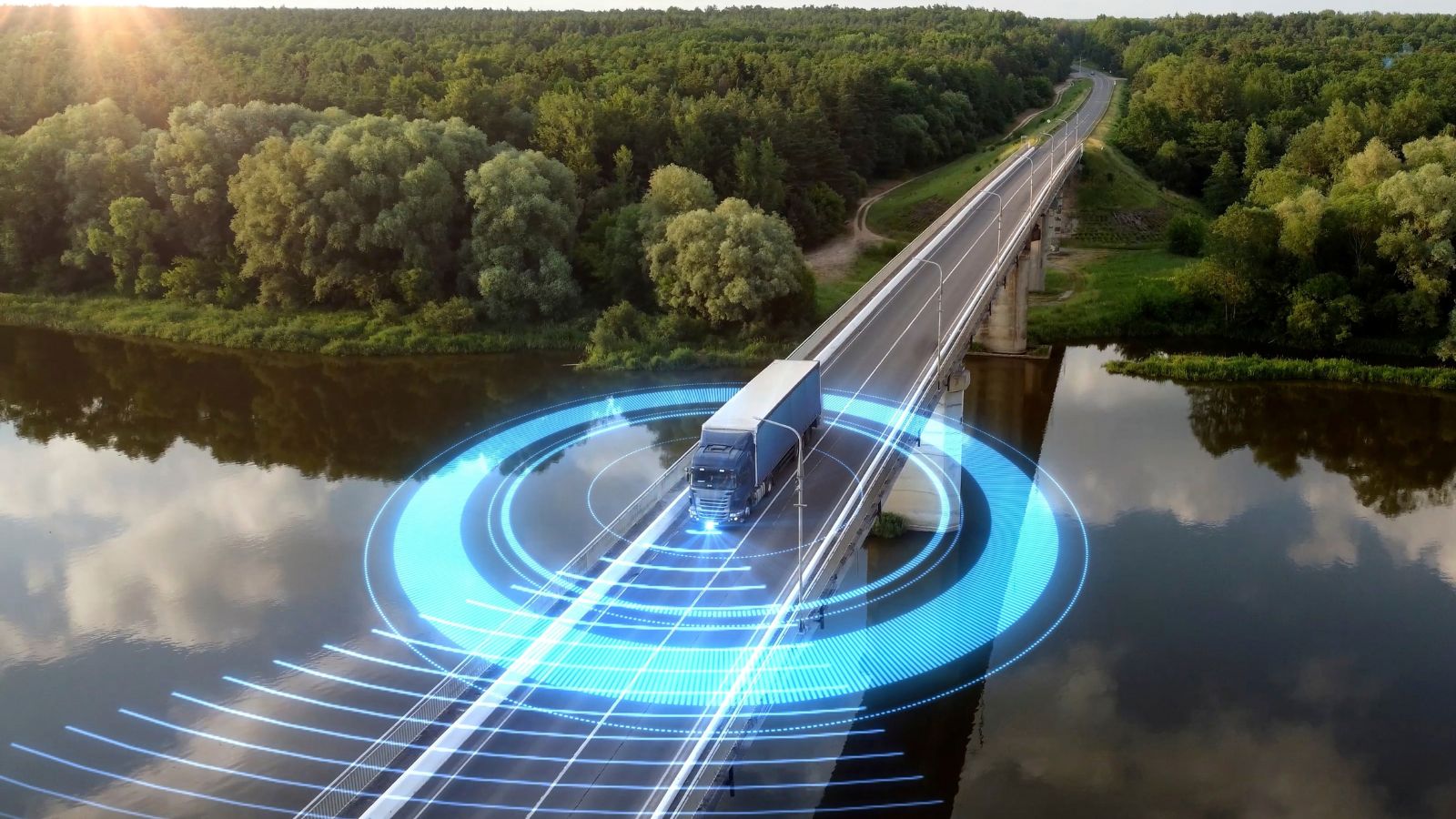
Plus.ai has developed an autonomous trucking solution with a focus on long-haul transport. The system integrates advanced AI, sensor fusion, and real-time data processing to ensure safe and efficient operation. Plus. Ai’s trucks have completed cross-country trips, showcasing their reliability. The company emphasizes collaboration with existing truck manufacturers and logistics providers, aiming for seamless integration. However, regulatory hurdles and the need for extensive testing in diverse conditions remain significant challenges.
TuSimple Autonomous Trucks

TuSimple is at the forefront of autonomous trucking, with its technology designed for long-haul routes. The company’s trucks utilize a combination of cameras, LiDAR, and radar for precise navigation and obstacle detection. TuSimple aims to improve fuel efficiency and reduce greenhouse gas emissions through optimized driving patterns. The company has secured partnerships with major logistics firms, accelerating its deployment. Nonetheless, ensuring consistent performance across varied environments and weather conditions is critical.
Embark Trucks
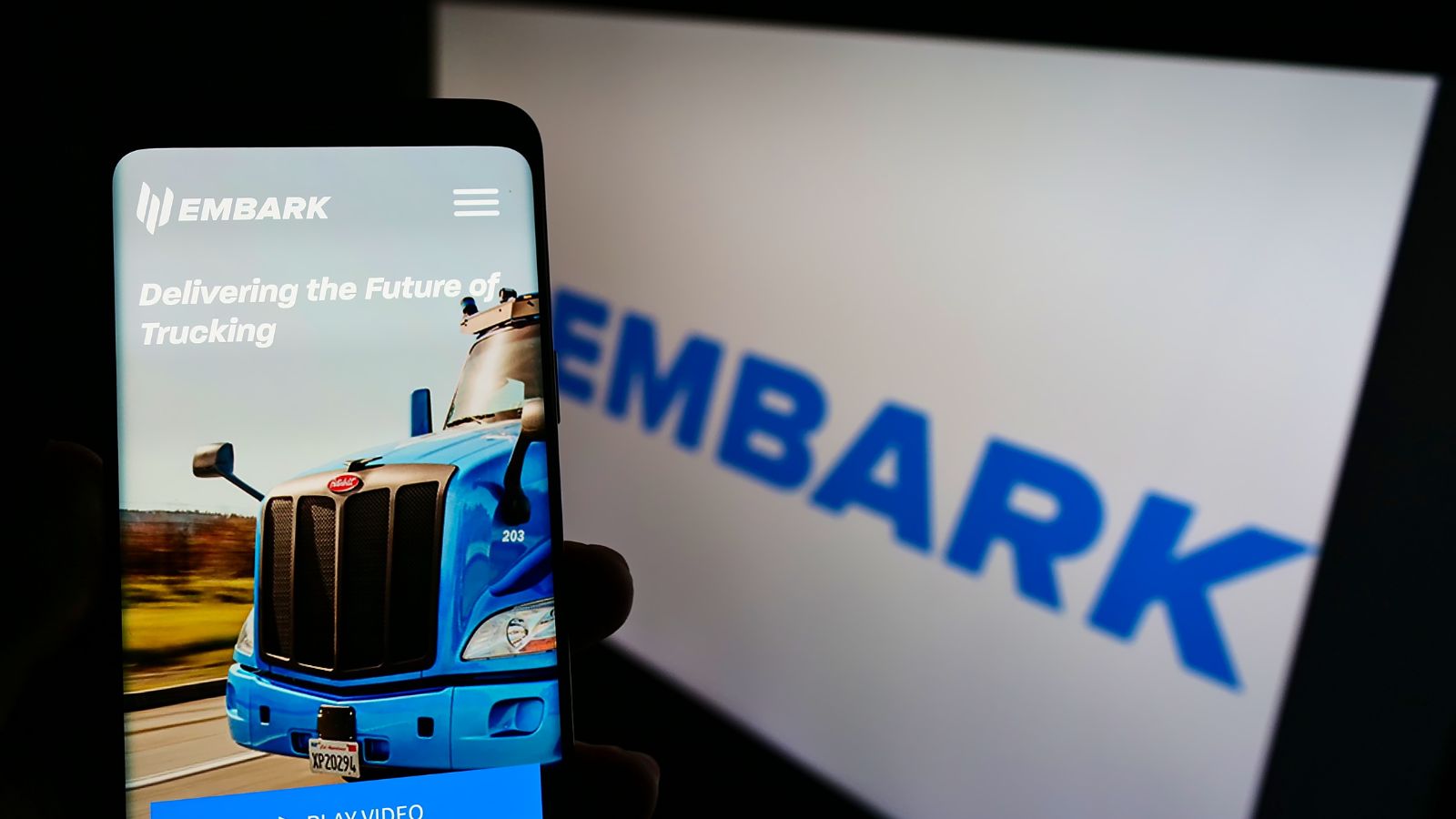
Embark Trucks focuses on creating an autonomous system that can be retrofitted onto existing truck models. This approach facilitates quicker adoption and reduces upfront costs. Embark’s technology emphasizes highway driving, where the truck can operate autonomously for extended periods. The company’s strategy includes a transfer hub model, where human drivers handle the first and last miles. This hybrid approach balances automation with human oversight, though it requires extensive coordination and infrastructure development.
Scania AXL
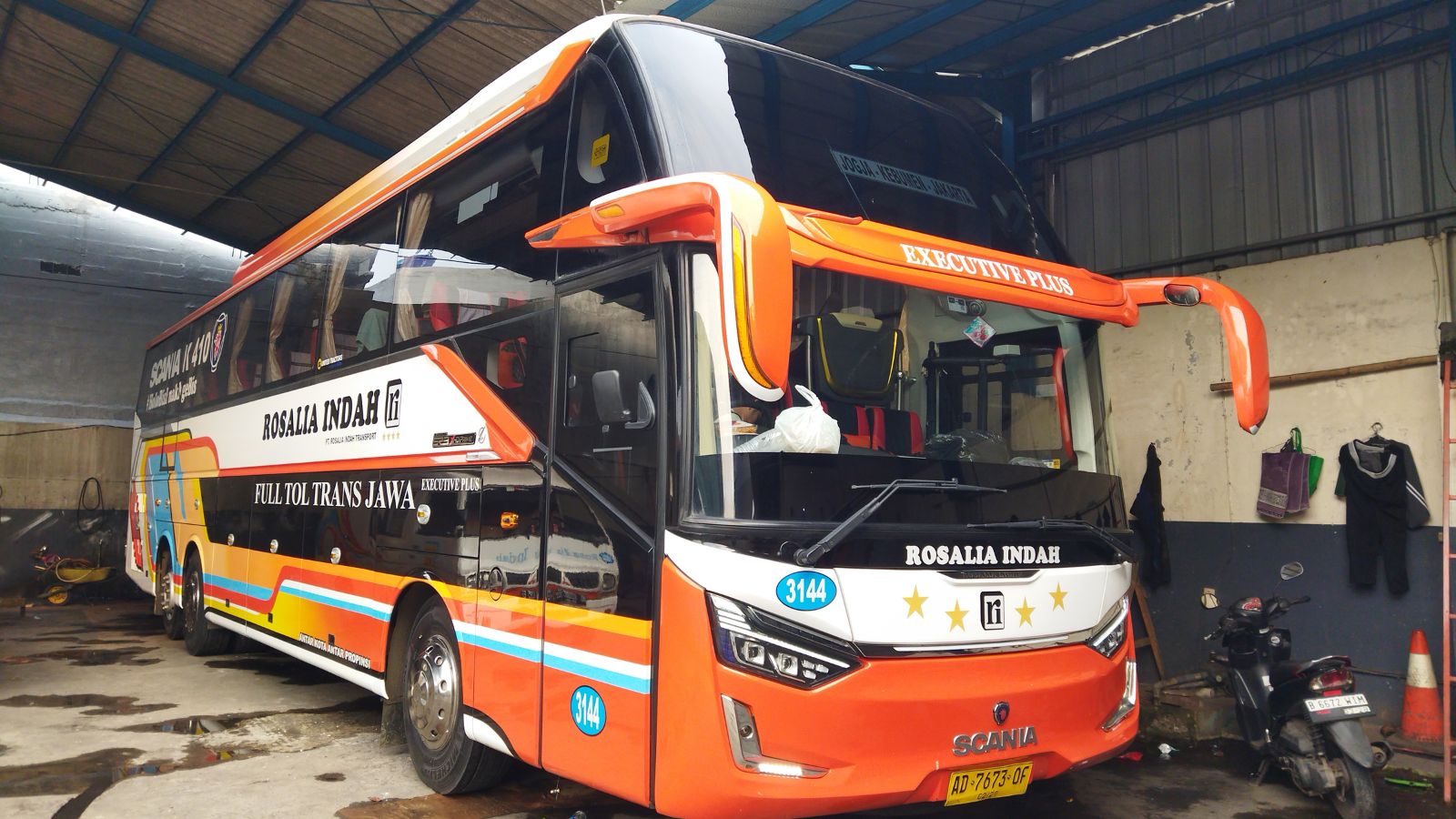
Scania, a subsidiary of Volkswagen Group, has introduced the AXL, an autonomous truck designed for mining and construction applications. The AXL operates without a cabin, is controlled remotely, and is optimized for harsh environments. Its robust design and autonomous capabilities improve safety and productivity in industries with demanding conditions. While the AXL is tailored for specific sectors, its success could pave the way for broader applications in logistics and transport.
Aurora’s Self-Driving Trucks

Aurora Innovation has developed a comprehensive autonomous driving platform and integrated it into trucks from various manufacturers. Aurora’s system leverages LiDAR, radar, and cameras for precise navigation and obstacle detection. Aurora has partnered with major logistics companies, such as FedEx and Uber Freight, to test and refine its technology on commercial routes. Aurora’s extensive testing and data collection efforts aim to ensure reliability and safety, but regulatory approval and public trust remain critical hurdles.
Ike Robotics
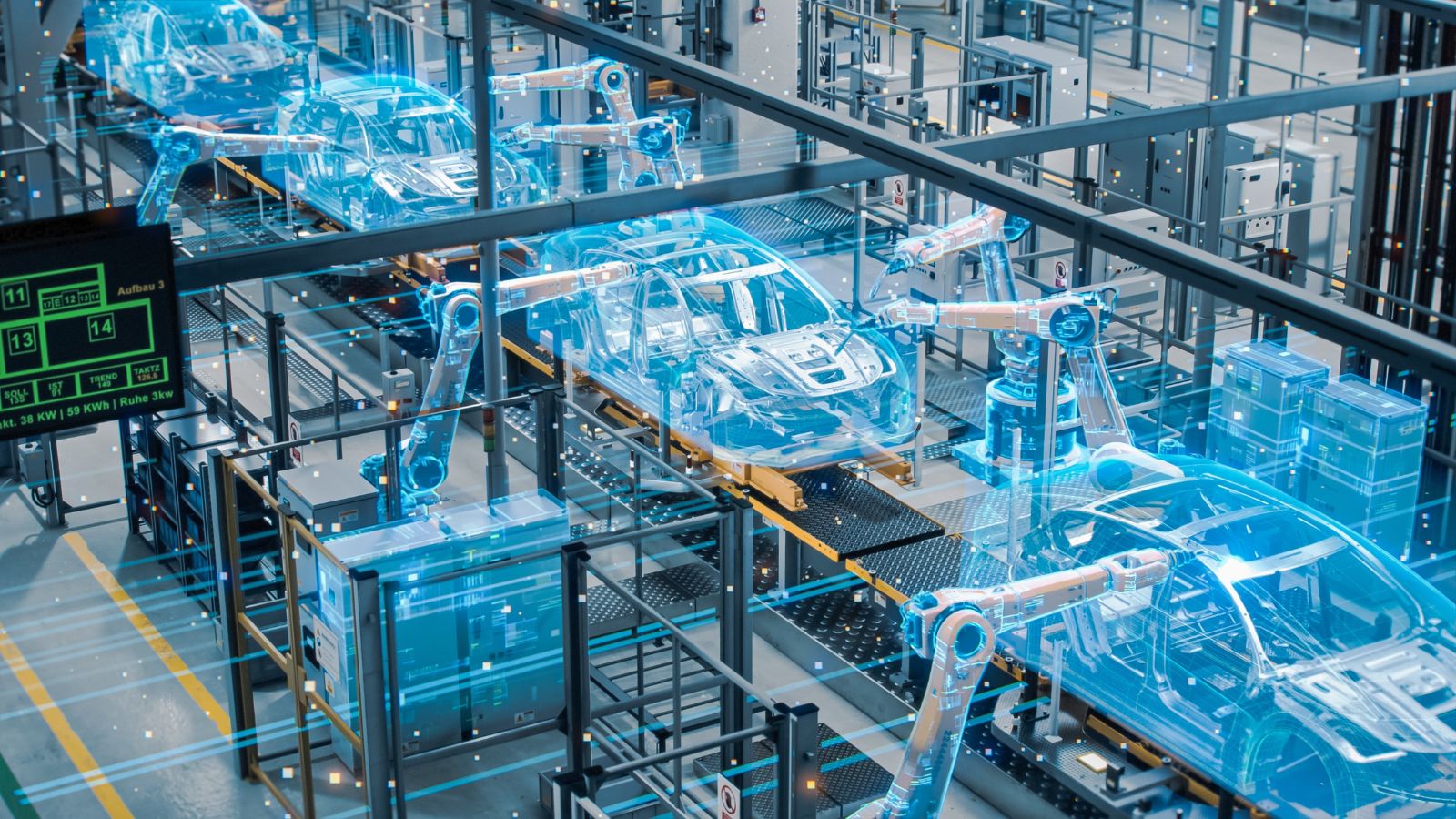
Ike Robotics, acquired by Nuro, focuses on developing autonomous trucks for long-haul freight. Ike’s team comprises veterans from notable companies such as Apple, Google, and Uber, who bring extensive expertise. Its technology emphasizes safety through sensor redundancy and real-time data processing. The company’s trucks are designed to handle complex highway scenarios, reducing human error and improving efficiency. Ike’s partnership-driven approach aims to accelerate deployment, though achieving regulatory compliance and public acceptance is essential for success.
14 Cars with a Reputation for Running Forever and Why They Outperform the Rest
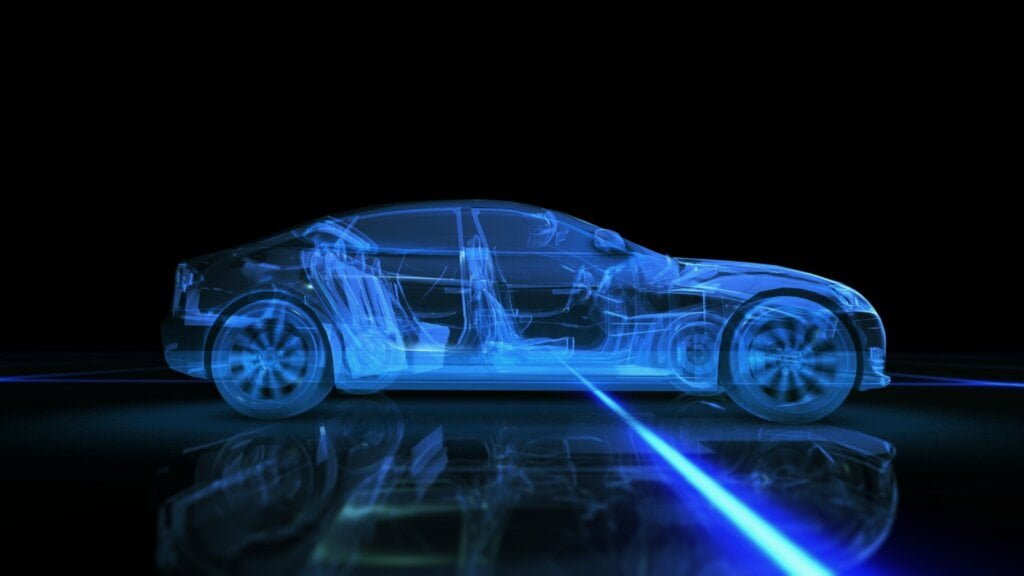
In the dynamic world of automobiles, some cars stand out for their remarkable longevity and enduring performance. These road warriors have earned a reputation for running seemingly forever, outpacing their counterparts. This article will explore 14 such vehicles and the reasons behind their legendary durability.
14 Cars With A Reputation For Running Forever And Why They Outperform The Rest
